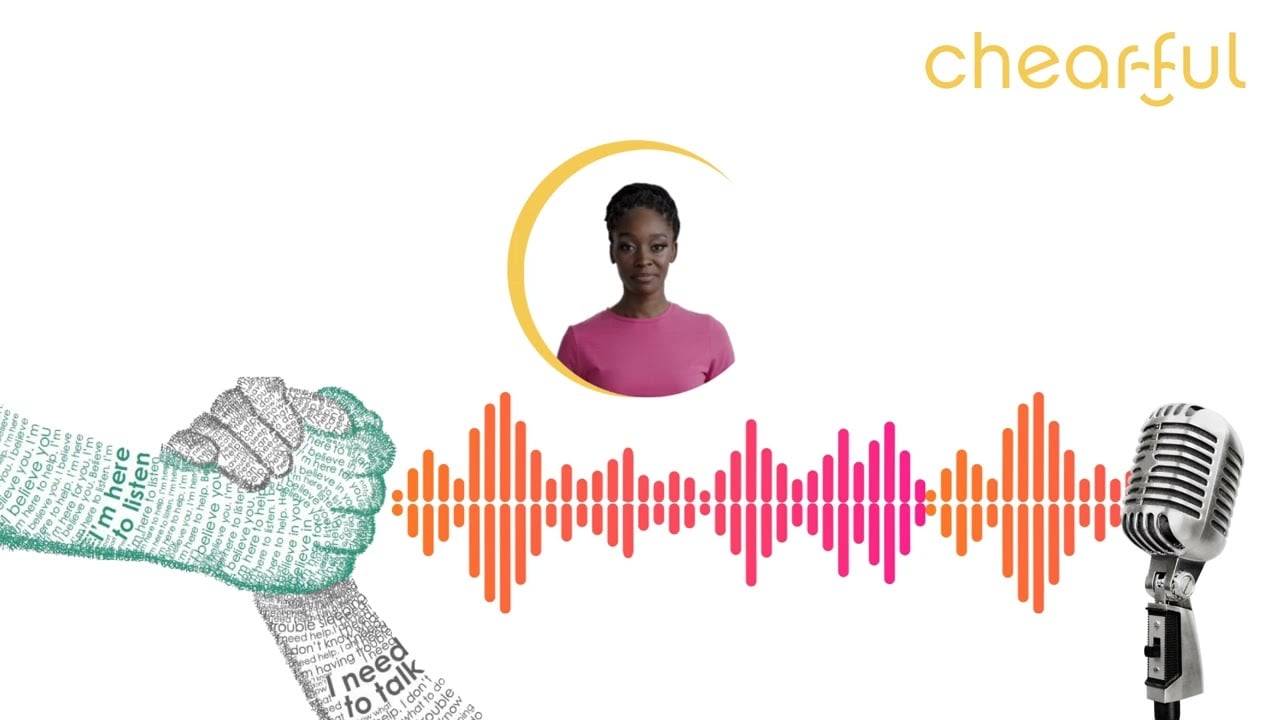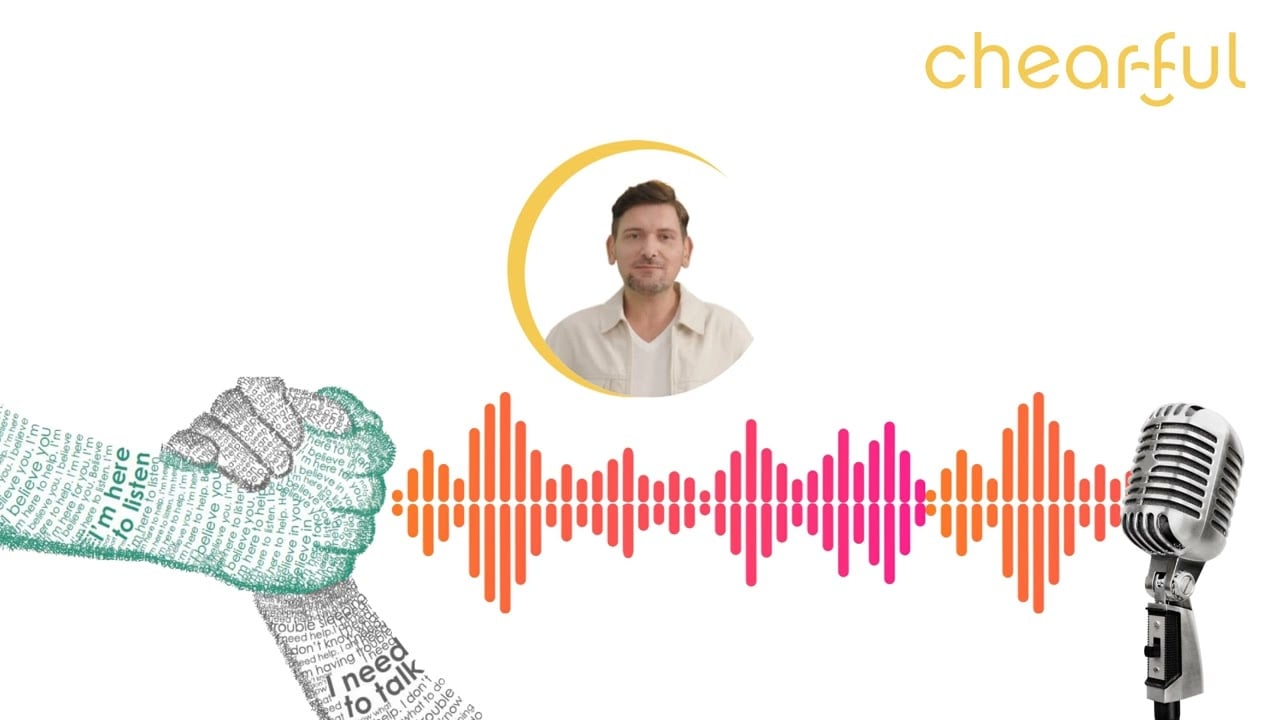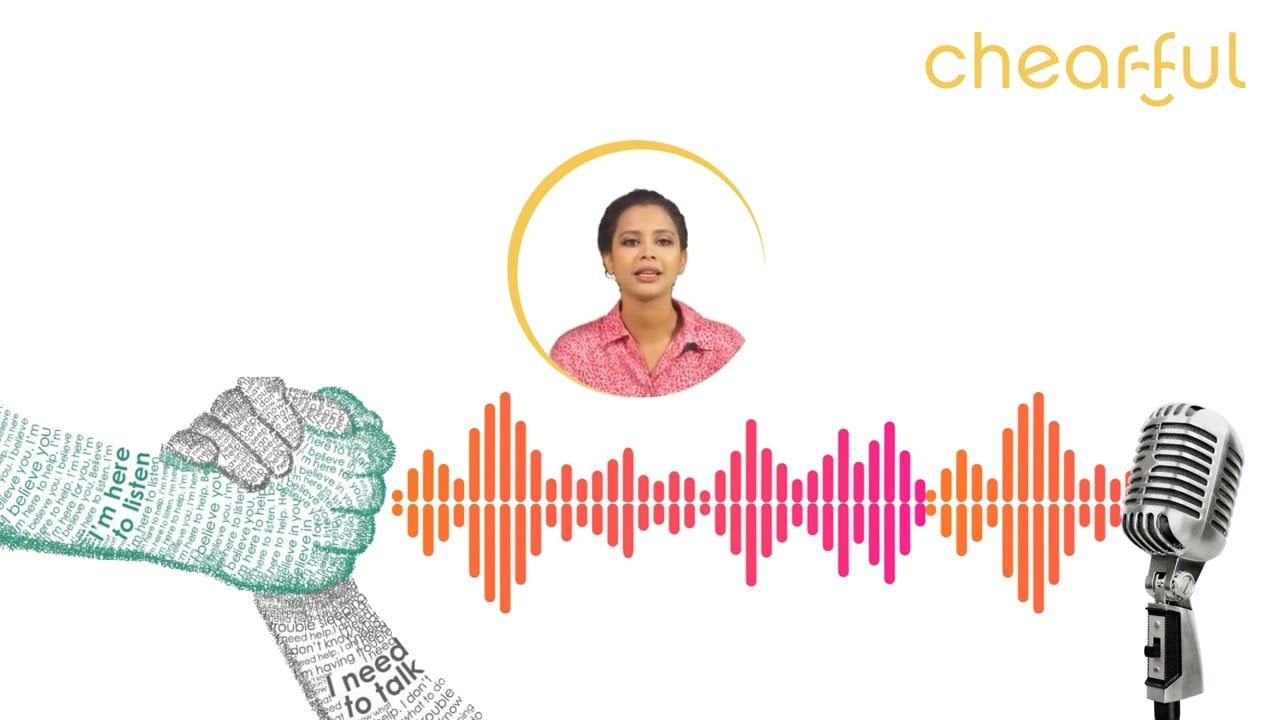
Distress is a term used to describe a state of emotional or psychological suffering that can result from various factors and conditions.
Distress is a state of extreme discomfort, suffering, or anguish, often arising from various challenging situations or conditions. It's a broader and more severe concept than everyday stress, encompassing a range of emotional, psychological, and physical responses to adverse circumstances.
Cultural and individual factors can influence how distress is perceived and expressed. Different people may respond to similar stressors in unique ways based on their cultural background, personality, and coping mechanisms.
Ignoring or suppressing distress can lead to long-term mental health issues. Recognizing and addressing distress early on can prevent its escalation and contribute to better mental and emotional well-being. It's crucial to note that experiencing distress is a common part of the human experience, and seeking support and appropriate interventions can be instrumental in coping with and overcoming challenging situations.
Triggers - The Causes
Life Events: Major life changes, such as the death of a loved one, divorce, job loss, or significant transitions, can be major triggers.
Trauma: Experiencing or witnessing a traumatic event, such as accidents, violence, or natural disasters, can lead to distress.
Chronic Stressors: Ongoing issues like financial problems, relationship difficulties, or work-related stress can contribute to distress.
Health Issues: Serious illnesses or chronic health conditions can have a profound impact on mental well-being.
Environmental Factors: Living in unsafe or unhealthy environments can contribute to distress.
Symptoms - What it looks like
Emotional Symptoms:
Persistent feelings of sadness, anxiety, or hopelessness.
Mood swings.
Irritability or anger.
Feeling overwhelmed.
Cognitive Symptoms:
Difficulty concentrating.
Memory problems.
Negative thinking patterns.
Intrusive thoughts.
Behavioral Symptoms:
Changes in sleep patterns (insomnia or oversleeping).
Changes in appetite (eating too much or too little).
Withdrawal from social activities.
Increased use of substances (alcohol, drugs).
Physical Symptoms:
Fatigue or low energy.
Headaches or body aches.
Digestive issues.
Changes in weight.
Social and Interpersonal Symptoms:
Difficulty maintaining relationships.
Social withdrawal.
Decreased performance at work or school.
Avoidance of responsibilities.
Treatment - The way to healing
Effective distress management options
Research shows that:
80% were benefitted through Mindfulness-based stress reduction (MBSR)
75% were able to manage their distress symptoms through relaxation exercises
85% of the individuals significantly felt better after receiving CBT
75% were able to manage and regulate their distress through lifestyle changes including improving sleep hygiene and incorporating exercise in their daily routine
Articles
Build your awareness and get inspired with our researched articles on how you can strengthen your well-being
Popular Topics
What Would You Like to Speak with a Specialist About?
Mental Fitness Journey starts Now!
Chearful Connects you with Top-tier Qualified Wellness specialists for the Price of a cup of Coffee!

Next Steps
- A Client Team member will reach out to you to schedule a session with the most suitable specialist.
- You will receive an email with a 10% Discount Code* for your 1st session.
- We invite you to Explore the Platform & Sign Up today! *Upto a maximum of $10 discount on a session purchased

 2279 Read
2279 Read




.jpg)



.png)
.jpg)
.jpg)











.jpg)
.jpg)


















